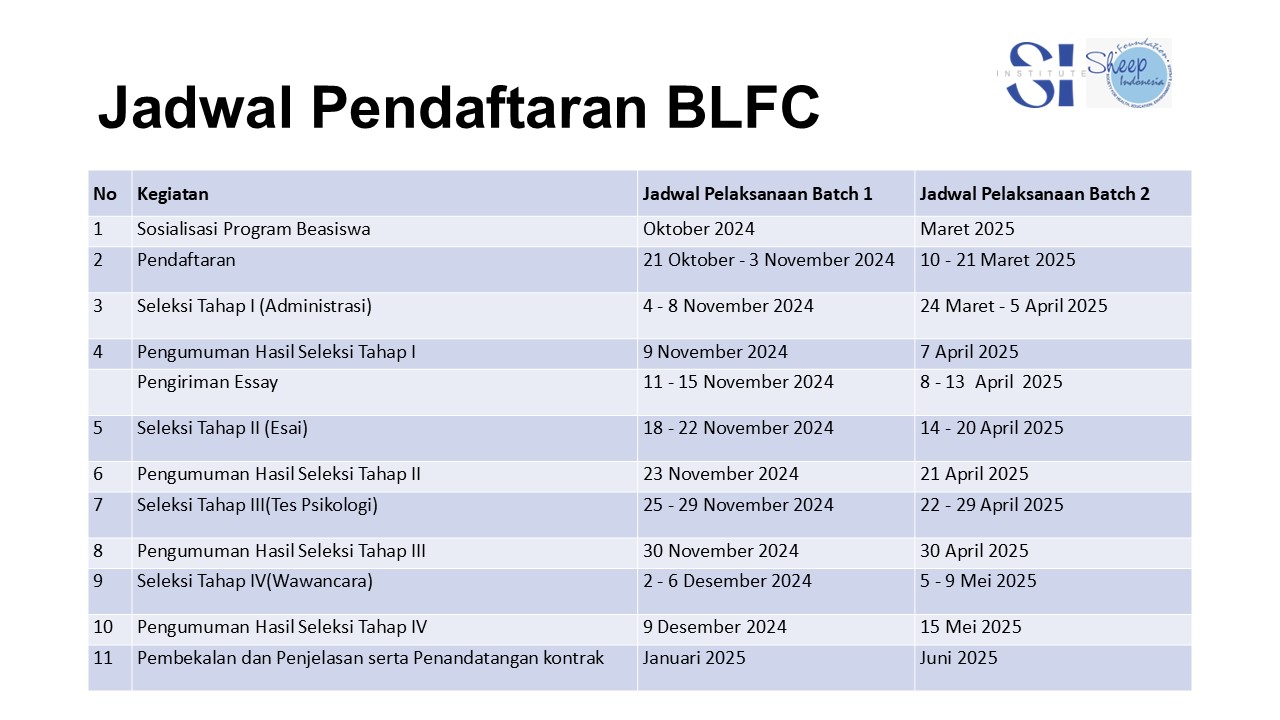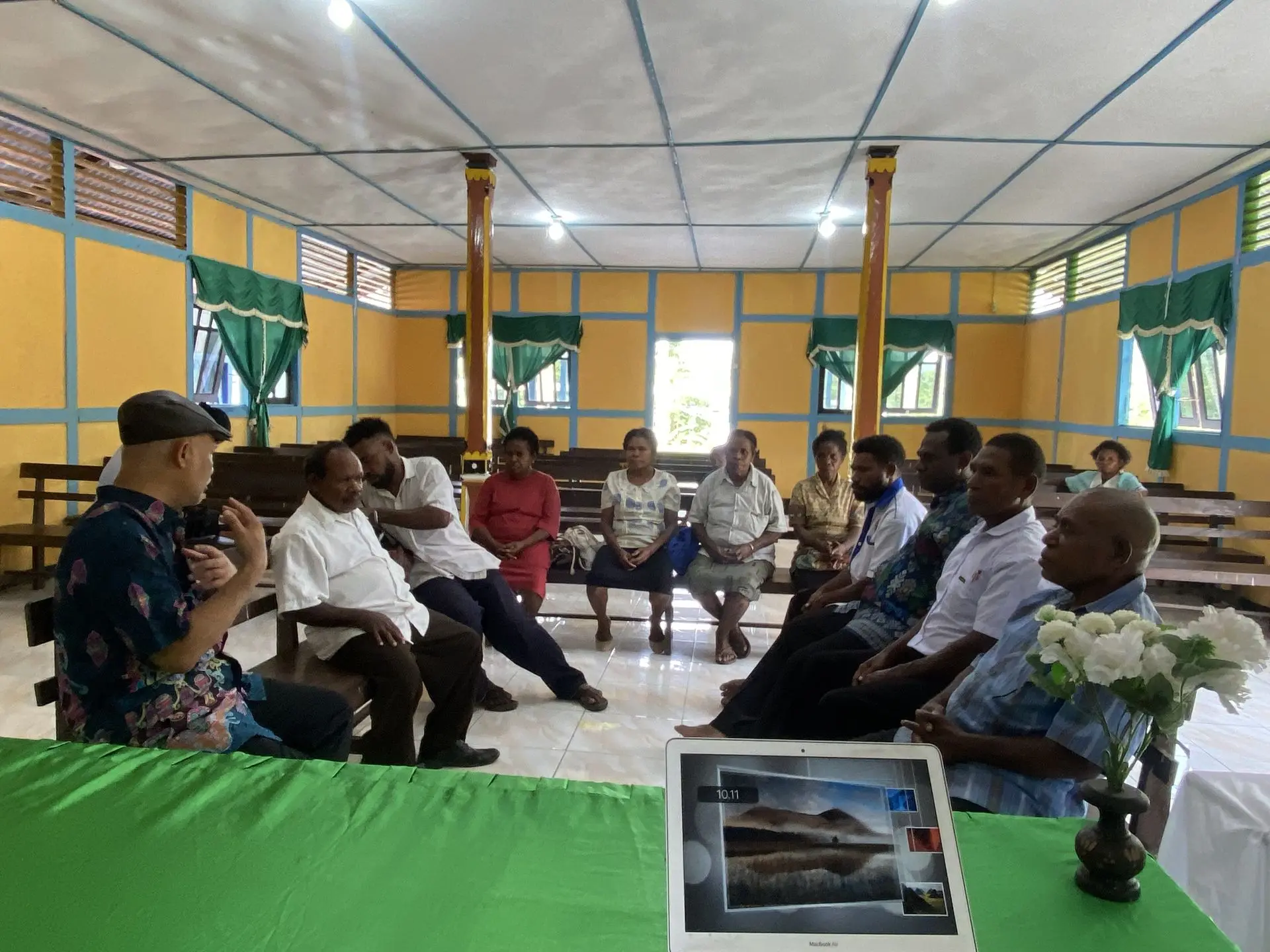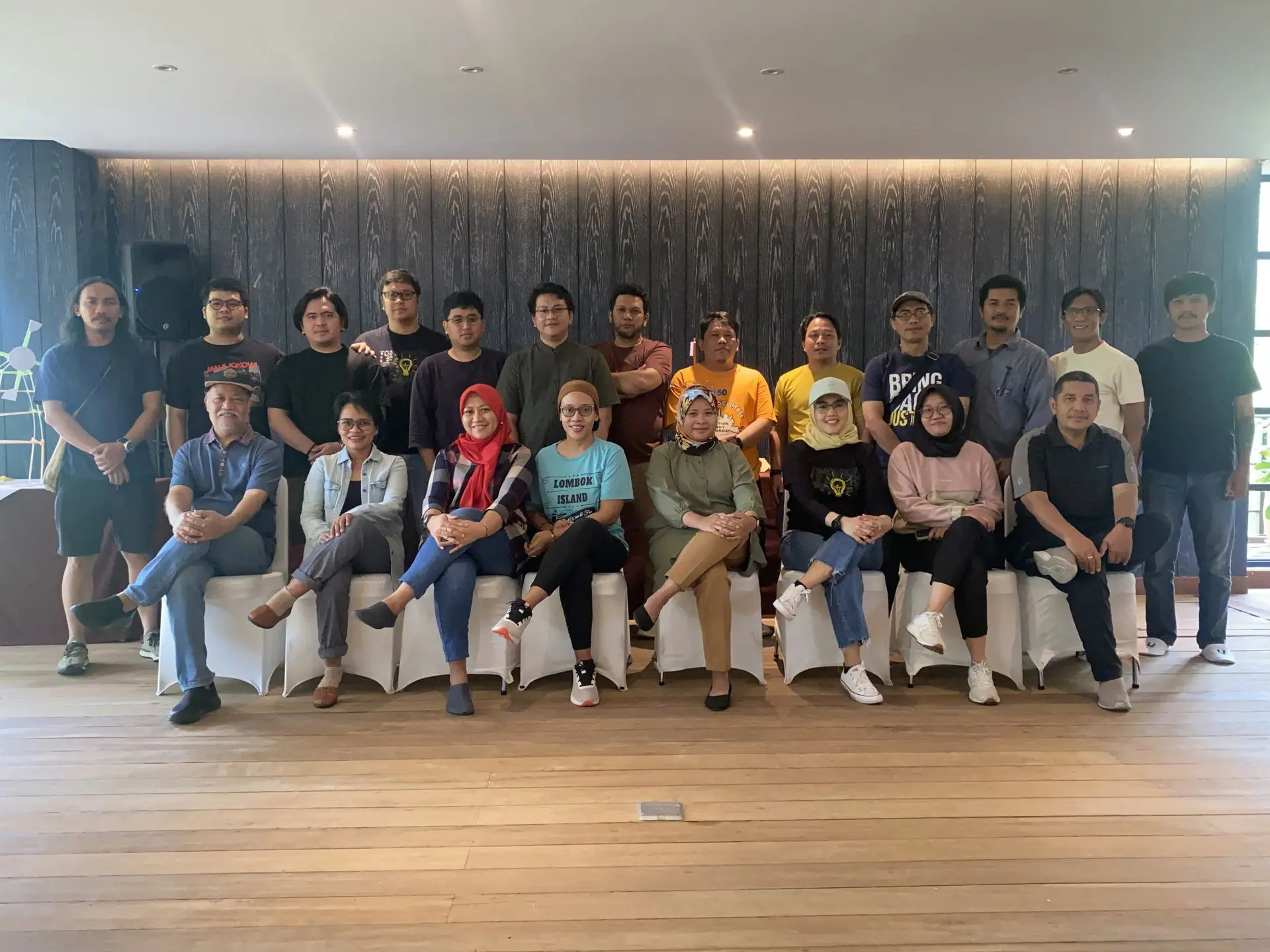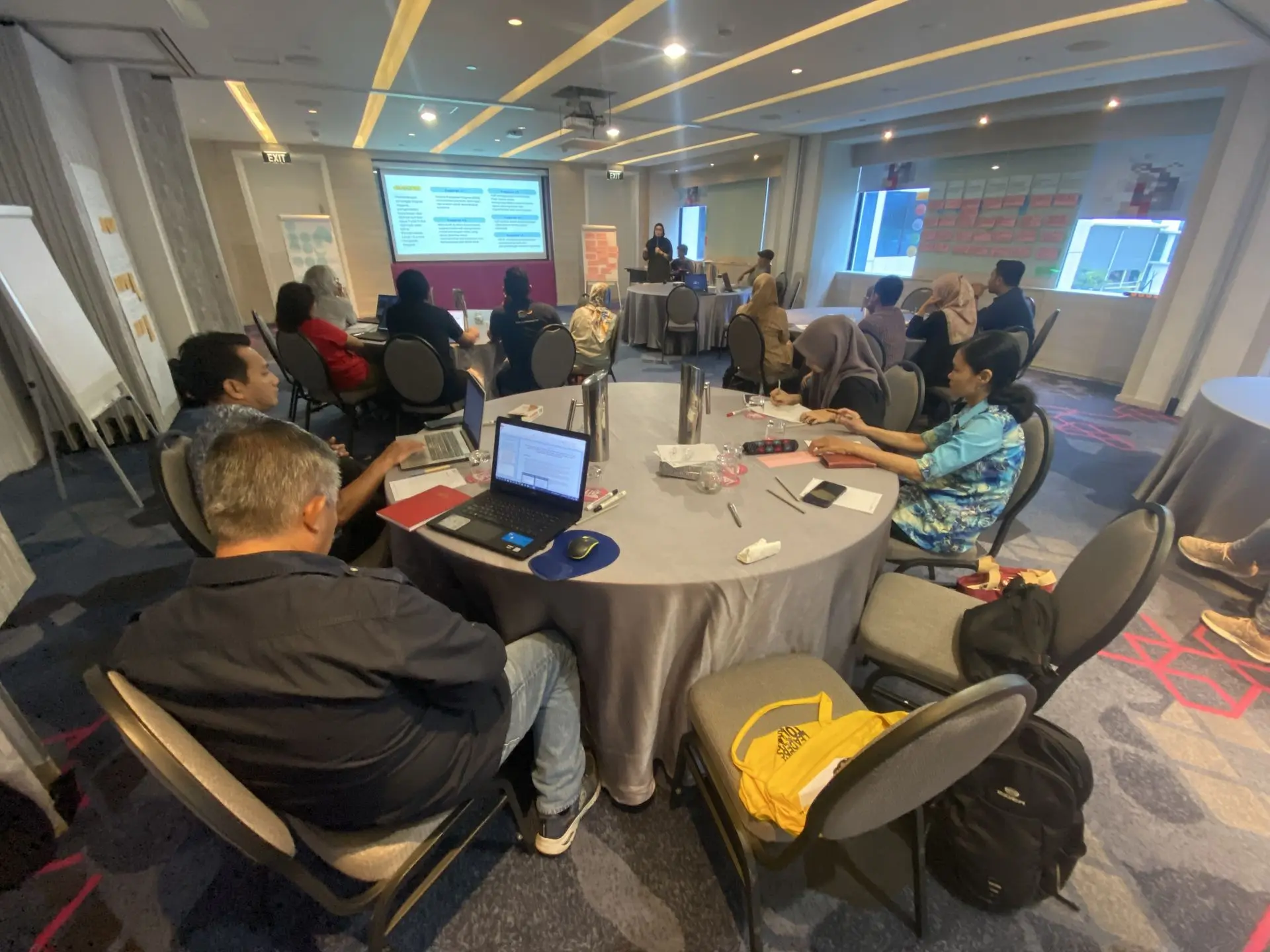The Leadership for Change Scholarship is a financial aid and capacity-building program provided by the SHEEP Indonesia Foundation to prospective leaders and NGO leaders who need support to continue their education.
The existence of the LFC Scholarship Program is expected to strengthen CSO leaders, enabling them to contribute to solving the challenges faced by CSOs and enhancing organizational accountability and credibility.
Through this program, CSO leaders will also be equipped with adequate knowledge and academic competence regarding climate change/crisis. This is especially important for CSOs with specific mandates related to Climate Change Adaptation (CCA), so that they can lead mitigation and adaptation efforts and mobilize resources.
Why is it exclusively for CSO Leaders and Emerging Leaders?
The role of Civil Society Organizations (CSOs) has become increasingly visible since the 1990s and is considered to have a significant impact on raising public awareness of the hegemony of the state and corporations, contributing to the creation of a more just and sustainable social environment (Edwards M & Gaventa, 2001). Globally, CSOs play a role in global negotiation processes, such as climate change, to present alternative perspectives and promote critical awareness of the role of states and corporations in global issues (Betsill, M. M., & Corell, E, 2008). At the individual and network levels, CSOs serve as spaces where the public can examine the power of the state and markets by advocating for justice in social and economic issues, or by addressing unmet social development needs not fulfilled by the state or corporations.
Global issues such as: 1) Poverty and food crises, 2) Climate Change, 3) Violence and conflict over resource control, 4) Women's rights empowerment, and 5) Digital Transformation continuously demand the presence of CSOs as responsive and innovative actors so that civil society understands its position and rights, empowering them to stand as agents of change.
Adequate knowledge and academic competence on climate change/climate crisis are crucial for NGOs with specific mandates related to Climate Change Adaptation (CCA), enabling them to lead mitigation and adaptation efforts, and mobilize resources. Communication and diplomacy skills are also essential for NGO leaders working in areas of violence and conflict, as they need to mediate conflicts, foster dialogue, and collaborate with various stakeholders.
Gender equality and women's empowerment must also be cross-sectoral discourse in every NGO program. In the era of digital transformation, an understanding of technology and digital literacy is inevitable. NGOs must be able to leverage technology to increase efficiency, reach broader audiences, and develop innovative solutions. Partnerships with governmental and non-governmental actors are also crucial to achieving shared goals. Internally, financial management skills, diversification of funding sources, and financial transparency are critical for NGO leaders. Beyond these capacities, ethical leadership in NGOs is a fundamental prerequisite. NGO leaders must run their organizations with integrity, transparency, and accountability. In reality, the dynamics of the impact of the five issues mentioned above on society are very complex. CSOs are required to have strong analytical abilities to understand the root causes of these issues and then determine strategies to address them effectively based on thorough assessments.

Unduh Dokumen Panduan Disini
Unduh Panduan
Unduh Template Formulir Disini
Unduh Template
Petunjuk Teknis Pendaftaran Online
Unduh Petunjuk Teknis
FAQ
The Leadership for Change Scholarship is a grant for financial support and organizational capacity building provided by the SHEEP Indonesia Foundation to aspiring leaders or current leaders of NGOs who need assistance to continue their education.
Current and prospective leaders of CSOs are eligible to apply for the scholarship.
Yes, students who are currently in their first semester at the time of application are eligible to apply.
The scholarship aims to provide CSO activists with access to affordable further education through flexible study systems, empowering them to advance their leadership capacities.
Yes, currently, only domestic universities are eligible for selection.
No, the required accreditation, as stated in the application guidelines, must be at least B or “Very Good.”
Yes, the maximum age for applicants is 38 years old. However, exceptions are made for women residing or working in 3T (remote, underdeveloped, or isolated) areas.
The components of the LFC Scholarship consist of:
- Tuition fee (Actual cost) (Note: for students who have already commenced their studies, this scholarship does not cover previous semesters)
- Book allowance (Actual cost)
- TOEFL support (Actual cost)
- Support for fieldwork/research-related activities for thesis
- Relocation subsidy for scholarship recipients who must move from their place of residence to pursue studies
- Health insurance (BPJS)
- Living allowance subsidy
- Organizational Capacity Building (for the most prioritized issues based on organizational needs assessment)
The program is funded by Bread for the World - Germany, a key donor partner of SHEEP Indonesia Foundation.





